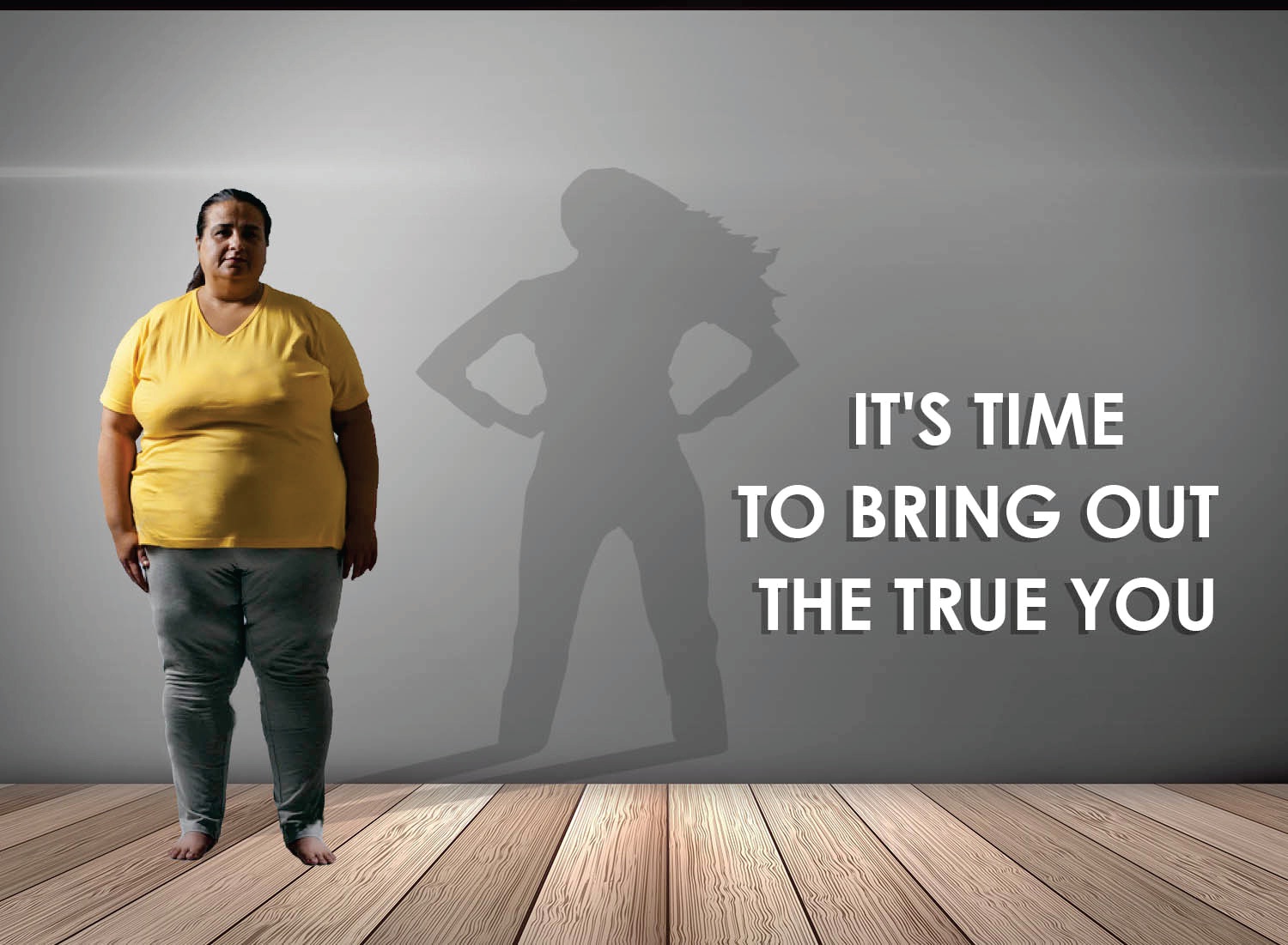Weight Loss – that thing we try to do with ten days of salads and three days of butter chicken. One step forward, two steps backward!
The pressure to reduce weight, the physical and psychological burden, and the shame from society can be very trying. Yet, losing a few kilos certainly has great benefits for people with diabetes. However, you have to steer clear of hidden and dangerous pitfalls that might lead to incidents of low blood sugar. levels.
A Heavy Issue
Even though the media goes all out howling about the obvious link between obesity and diabetes, and even though distressing statistics are thrown on to our faces year after year, we still face these two major issues.
The connection between obesity and diabetes. has been thoroughly established. The link lies in deranged fatty metabolism, cellular mitochondrial dysfunction, and the stress of endoplasmic reticulum due to obesity.
You can understand this better without taking a deep dive into the rabbit hole of medical research.
Remember your childhood? Your love for chocolates, candies, and ice creams? From that time on, unfortunately, you and I have been exposed to grossly poor food choices. Potato chips, cheese, butter, cream, fried foods, red meat, soft drinks, and the list goes on and on.
The next time your kid creates a scene in the mall for some fried potatoes or burgers, remember this one fact. India has in excess of 14.4 million obese children and most of them are at a serious risk of getting type 2 diabetes.We are sadly second in the world for childhood obesity.
Not just that, these poor children are staring at cancer, heart diseases, stroke, and many other health issues.
Obesity – Diabetes
You might have heard that weight loss due to diabetes. is a common symptom, but have you heard that obesity is a major cause for type 2 diabetes?
Well, family history and genetics play an important role in the genesis of type 2 diabetes. But, the sharp increase of obesity and diabetes in India, and the fact that most obese Indians are getting type 2 diabetes is certainly a cause for concern.
The reasons for this are quite clear. We consume way more salt than needed, our sugar consumption is rather festive, and our oil and trans fat intake is alarming.All this with little or no physical activity puts our bodies through a lot of stress resulting in gradual breakdown.We titillate our tongues and enjoy the Samba that goes in the brain after consuming tasty, but unhealthy foods!
Excess Salt Intake:
Our brain responds to sodium like it does to cocaine, or heroin. Excess salt intake (sodium intake) leads to obesity, and high blood pressure.It damages the kidneys and heart,leads to osteoporosis, strokes, heart diseases, and impairs your thinking.
Excess Sugar Intake:
Did you know? Our brains’ reaction to sugar intake is crazy! There is an increased blood flow to certain areas of the brain with the intake of fructose, but this is not the case with glucose. In fact, fructose added in many foods as a sweetener is sweeter than glucose.It contributes to obesity more than glucose.
Also, fructose is not effective in releasing the insulin hormone to digest all the sugars. The result is more blood sugar levels, diabetes and heart diseases. .
As we start consuming insanely high amounts of sugar with our rice, sweets, and processed foods, our bodies tend to undergo a toxic reaction to sugars. Some ways excess sugars harm our bodies:
- Causes Obesity.
- It increases stress.
- Fluctuates blood glucose levels.
- Interferes with the immune system.
- Causes Tooth Decay.
- It weakens the blood vessels.
- It overloads the liver.
- Increases uric acid and increases the risk of kidney and heart diseases.
- It causes metabolic dysfunction and increases LDL and decreases HDL.
Excess Oil & Fat Intake:
When we consume oily, fatty, and junk foods, the reward circuits of our brain start doing the Salsa and want more of it. They are no longer interested in bland foods. Excess fatty foods cause obesity, constipation, atherosclerosis, heart disease,cancer, and host of other complications.
Obesity, Diabetes, and Heart Disease
Diabetes and heart disease have become synonymous in India.The coexistence of both of these conditions should start worrying you if you are a person with diabetes. As such people with diabetes generally have high cholesterol levels. Added to that, their blood vessels are gradually damaged due to the toxic effect of high blood sugar levels. Over a period of time, their heart, and the circulatory system gets very weak. Add high blood pressure and high cholesterol to this, and it is a perfect recipe for heart attacks and strokes.
Winning Strategies to Stay Fit and Control Diabetes
Obesity and diabetes go together. If you do not have diabetes but are obese, you should seriously think of shedding some kilos to avoid the risk of type 2 diabetes.
Diabetes and heart disease go together. If you are obese and have diabetes, you have to immediately work towards reducing your weight in order to reduce the risk of many diseases.
What you would get with weight loss?
- Marked improvement in HbA1c values. Reduced risk of diabetes complications.
- Reduction in cholesterol levels thereby reduced heart disease risk.
- Normalization of blood pressure.
- Reduced stress on the musculoskeletal system.
- Lesser risk of obstructive sleep apnea.
- Improvement in insulin resistance.
How to go about it?
- Weight loss is never instantaneous. Do not expect results overnight.
- Talk to your doctor about the benefits and risks of bariatric surgery.
- Get help from a clinical nutritionist for a proper diabetes diet plan. .
- Start with a level of physical activity you are comfortable with. Then increase the intensity gradually.
- If you have diabetes, it is better to monitor your blood sugar levels in order to avoid hypoglycemia due to low blood sugar levels. Have a small snack before you exercise.
- Reduce salt content. Recommended intake per day is 1500 mg.
- Reduce oil intake and avoid trans fats. Recommended cooking oil intake is 20 grams per day.
- Consume more unsaturated fats like those present in fish, and nuts. Avoid cream, butter and industrial trans fats.
- Consume more whole grains, millets, and vegetables along with fresh fruit.
Remember, you lose weight when you spend more energy than you consume. So, first start with a balance between the energy intake and the energy spend. This will prevent unhealthy weight gain.
Think of weight loss as a lifelong project and not a temporary love affair. Do not lose hope if you don’t succeed initially. It took a long time to gain weight, it might not go off soon. Enjoy physical activity and stay focused.
















